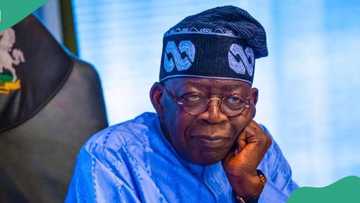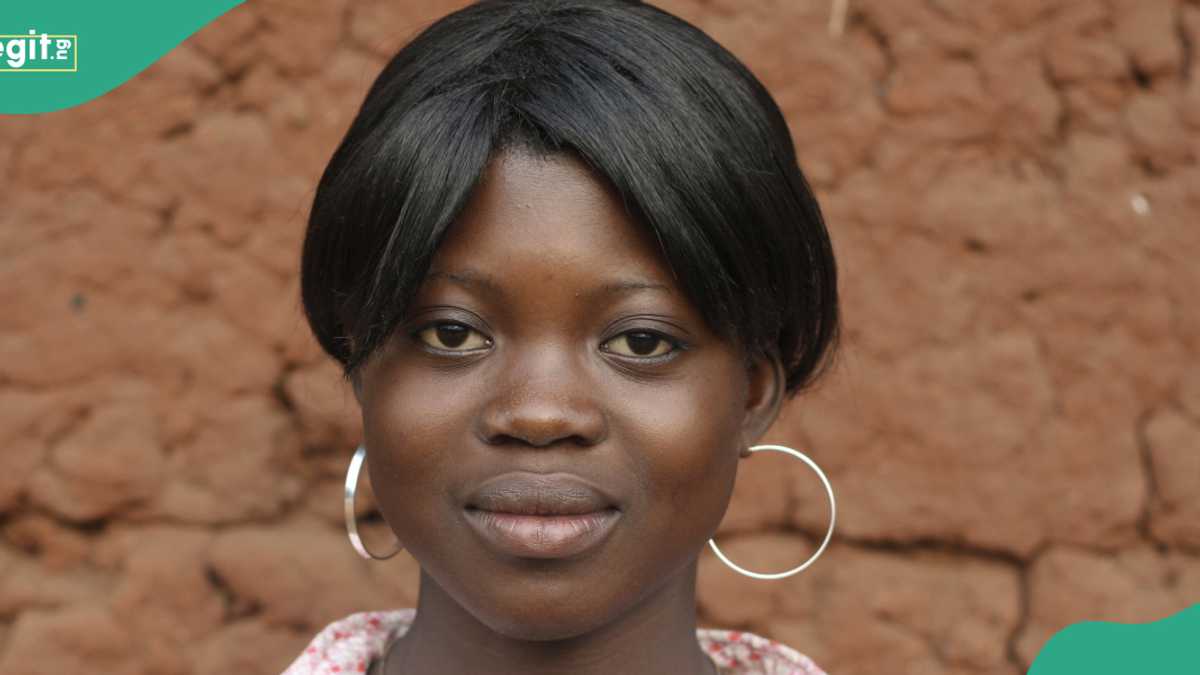Henzodaily.ng journalist, Ridwan Adeola Yusuf, has over 5 years of experience covering gender issues in West Africa.
FCT, Abuja – As the world marks Human Rights Day and concludes the 16 days of activism against gender-based violence (GBV), a nonprofit organisation (NGO), ImpactHouse Centre for Development Communication, has urged immediate and comprehensive action to address the persistent and devastating impact of GBV in Nigeria.
Henzodaily.ng reports that GBV remains a critical human rights issue, violating the fundamental rights to life, dignity, freedom, and security enshrined in international conventions and the Nigerian constitution.
For illustration purposes only. Depicted person has no relationship to the events described in this material.
Photo credit: ruffraido
Source: Getty Images
Despite legislative advances like the Violence Against Persons (Prohibition) Act (VAPP) and the Child Rights Act, enforcement remains inconsistent across the country, leaving countless survivors without justice or support.
Harmful practices such as child marriage, FGM and domestic violence continue to disproportionately affect women and girls. Worrisomely, data from the National Bureau of Statistics (NBS) shows that at least 30 percent of women aged 15 to 49 have experienced physical or sexual violence.

Read also
Customs alerts Nigerians of plan to auction abandoned vehicles, containers at ports
The 2024 Womanity Index by Invictus Africa highlights that Lagos, Rivers, and Ekiti states have the highest prevalence of GBV, with domestic partner violence being the most common form. 70 percent of GBV incidents occur within the home, and over 34 percent of survivors seek help from family members rather than law enforcement allegedly due to mistrust in the system.
In a statement made available to Henzodaily.ng on Tuesday, December 10, the executive director of ImpactHouse, John Andah, emphasised the need for concrete action. He said:
“Laws alone are insufficient to combat GBV in Nigeria. The government at all levels must move beyond legislation to action and accountability”.
To effectively address GBV, ImpactHouse urged key stakeholders to take the following actions:
1. Strengthened Legal Frameworks: State governments must enact and implement the VAPP Act, establish dedicated GBV courts, and provide strengthened legal aid services for survivors.

Read also
As Nigerians await Tinubu’s budget presentation to NASS, CSOs list 6 key demands on education
2. Increased Funding: The national assembly and state legislatures must allocate adequate funding to support the enforcement of GBV laws and the establishment of shelters, crisis hotlines, and sexual assault referral centres nationwide, particularly in rural and underserved areas.
3. Law Enforcement and Judicial Reforms: The Nigeria Police Force and judiciary should implement mandatory training programmes to ensure survivor-centred responses and eliminate harmful biases. The ministry of justice must develop clear guidelines and protocols for handling GBV cases to ensure timely and fair justice.
4. Public Awareness Campaigns: The National Orientation Agency (NOA) should lead nationwide campaigns targeting families, communities, and schools to challenge patriarchal norms, harmful cultural practices, and GBV stigma.
5. Accessible Community Support: Local governments should establish community-based support centres to address the unique challenges faced by survivors in rural areas.
Furthermore, ImpactHouse expressed its belief that addressing GBV requires not only legislative measures but also sustained action, adequate funding, and a collective commitment to breaking the cycle of violence.

Read also
FCCPC speaks on investigating Air Peace over alleged exploitative ticket pricing
It concluded:
“On this Human Rights Day, we urge all stakeholders to prioritise the fight against GBV and ensure that every Nigerian can live free from fear and violence.”
Education: CSOs list 6 key demands
Earlier, Henzodaily.ng reported that the Malala Fund and its partners urged the Nigerian government to prioritise girls’ education in the 2025 budget by significantly increasing funding to ensure every girl can learn in a safe and supportive environment.
Nabila Aguele, chief executive of Malala Fund Nigeria, asserted that investing in education “is the single most transformative step Nigeria can take to build a more equitable future”.
PAY ATTENTION: Сheck out news that is picked exactly for YOU 
Source: Henzodaily.ng
